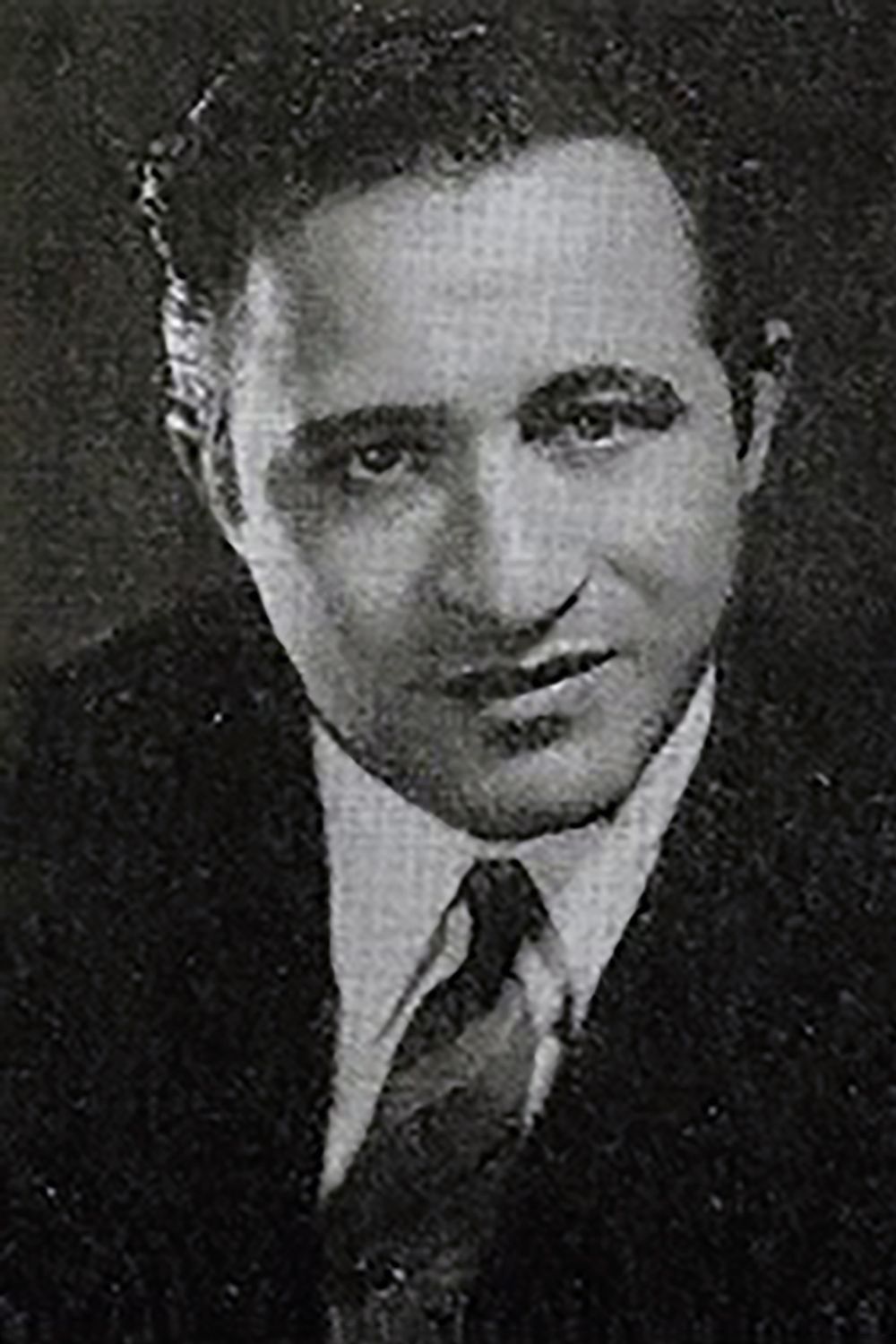“Lejos de Buenos Aires” by Anibal Troilo y su Orquesta Típica with Francisco Fiorentino in vocals, 1942.

Oscar Rubens
Oscar was a prototypical lyricist of the 40s, with his sad lyrics, of love affairs laden with romanticism, with neither contradictions nor psychological complexities.
He always used the poetic touch without overshadowing the lyricist: his lines, heard from a singer’s lips, come nicely blended with the music.
Among his works, we can highlight “Lejos de Buenos Aires”, in which Rubens ventures into the evocative exaltation of the city, which evidences an apparent deviation of subject matter.
Several of the Rubisteins of Buenos Aires were born at the humble familiar house of 945 Catamarca Street, where their father worked in his trade of cobbler and the family was stacked in two rooms.
Mauricio and Elías, when they were kids, used to go out to sell shoe polish and shoestrings along Avenida de Mayo or Boedo.
At cafés like Dante, located on Independencia and Boedo, after Elías sang a few tangos, the customers bought many things from him or even gave him money without accepting any goods in exchange.
At home, at night, their mother used to eagerly wait for the two children to come back home because, at times, the family depended on that money to eat the following day.
Listen and buy:
We are happy to have a collaboration with the people from tangotunes.com from whom some of you may have heard, they do high-quality transfers from original tango shellacs.
It is the number 1 source for professional Tango DJs all over the world.
- Now they started a new project that addresses the dancers and the website is https://en.mytango.online
You will find two compilations at the beginning, one tango and one vals compilation in amazing quality.
The price is 50€ each (for 32 songs each compilation) and now the good news!
If you enter the promo code 8343 when you register at this site you will get a 20% discount!
Thanks for supporting this project, you will find other useful information on the site, a great initiative.
More Argentine Tango music selected for you:
Leave your comment
This site uses Akismet to reduce spam. Learn how your comment data is processed.
Latest Spotify playlist:




